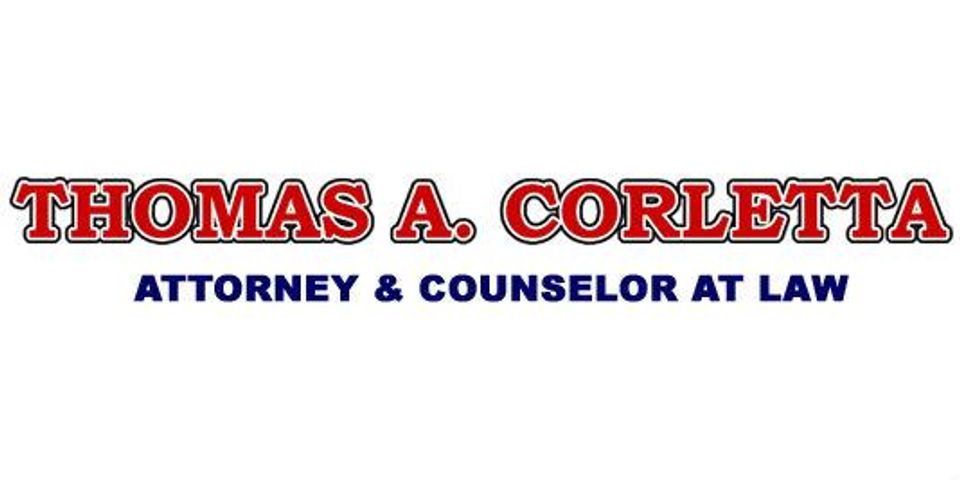Case Review: People v. L.R. | Rochester

People v. L.R. (Roch. City Ct., 10/22/18)
Mr. Corletta provided effective representation to a beleaguered client who was being bullied by Probation in People v. L.R. (Roch. City Ct., 10/22/18).
In that case, the client was on probation for DWI. Mr. Corletta did not represent the client on the underlying DWI charge. The case seemed odd due to the excessive amount of fines levied on the client, until Mr. Corletta determined prior counsel recommended the client plead guilty to all charges, something rarely done, which resulted in imposition of over $3,000.00 in fines.
The client, who was fully employed, had been on probation for 2 years, and made all scheduled appointments. Ignition Interlock was installed in the client’s vehicle for longer than the statutory period of one year, and the client had 2 positive “blows” in 2 years. The client was actively involved in alcohol treatment and made all appointments. Relapses are not at all; uncommon in such situations.
The Probation Department threatened to “violate” the client, and initiated a proceeding before the sentencing judge to attach a so-called “SCRAM Bracelet”, which they wanted the client to pay for, for a 6 month period. This seemed excessive to Mr. Corletta under the circumstances, since the client was only on Probation for misdemeanor DWI.
Mr. Corletta vigorously objected, and as unfortunately is often the case, was ignored by Probation. Undeterred, Mr. Corletta contested the case in Court. The Judge suggested, as a compromise, a series of urine screens, which the client passed.
As a result, the proceeding was terminated. Not satisfied, Mr. Corletta asked the Court, in view of all facts and circumstances, to restore the client's full license, which the Court agreed to, over the objection of Probation, who found themselves in a defensive posture.
This case shows the often undermining role Probation plays in DWI cases, where they often bully certain clients for no reason. Probation also does not assist in rehabilitation, which is the goal of probation. A major part of this is restriction of the license. Two years without a license for a misdemeanor DWI conviction is excessive. This proceeding, initiated by Probation to gain more restrictions, gave Mr. Corletta an opportunity to counterpunch, and turn the case around in favor of his client, who was grateful for his advocacy.
About the Business
Have a question? Ask the experts!
Send your question

